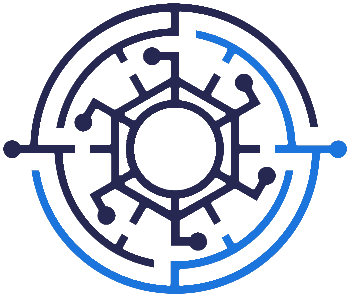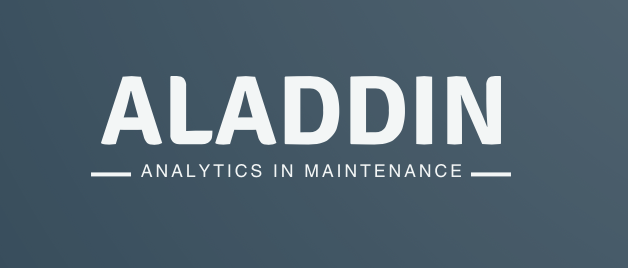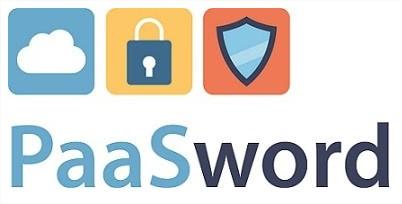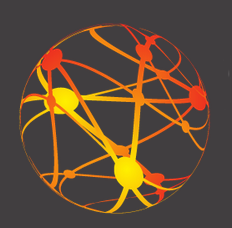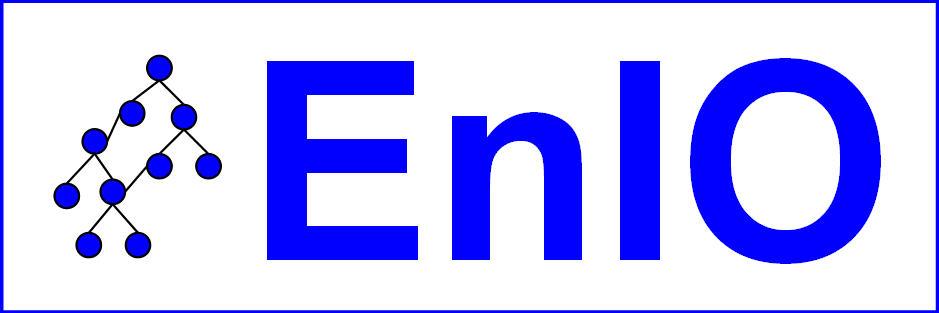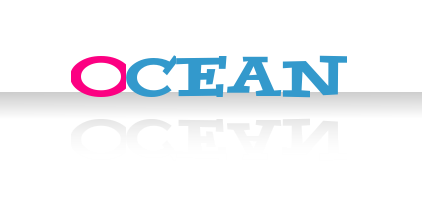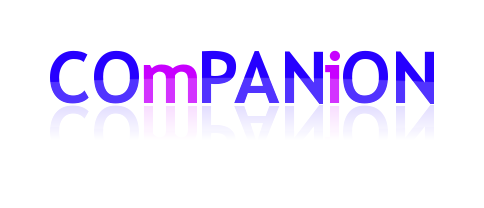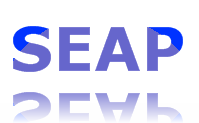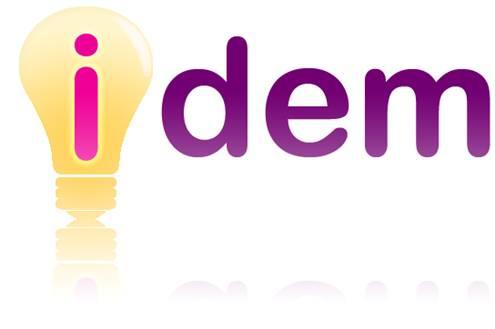W3RDS – Web3 Royalty Distribution Software
The W3RDS (Web3 Royalty Distribution Software) is an innovative software tool that seamlessly bridges the traditional web2 environment with the decentralized power of blockchain technology, as a Solidity contract on Ethereum network.
The system is designed to handle complex royalty allocations of royalties to various authors based on their input to a particular digital asset. The contract will accurately calculate and allocate the royalties for each dependency, ensuring fair compensation for all involved.
SAVE Services for Water Conservation
SAVE is a bundle of innovative services that enhance public awareness on water consumption and usage savings, promote user engagement and enhance user participation in water conservation activities.
SAVE services include awareness services that present detailed information about water consumption and support services that leverage the power of behavioural change and persuasive strategies and features such as social proof, tailoring, self-monitoring, goal setting/commitment and rewards. The goal is to change the attitude and practices towards water conservation by enhancing public awareness on water consumption and usage savings, promoting user engagement and enhancing user participation in water conservation activities.
ALADDIN: Analytics for predictive maintenance
Industry 4.0 has led to an extensive use of sensors for condition monitoring, something which facilitates decision making under time constraints. Decision making in predictive maintenance indicates the phase which is triggered by sensor-driven, (near) real-time predictions (e.g. about a future failure mode) in order to generate proactive recommendations about maintenance actions and plans that eliminate or mitigate the impact of the predicted equipment failures. The P-F interval, i.e. the time between the point where it can be found out that it is failing (potential failure) and the point where it has failed (functional failure), can be seen as an opportunity window during which decision making algorithms can recommend actions with the aim to eliminate the anticipated functional failure or mitigate its effect. However, the stochastic degradation process leads to high uncertainty in (near) real-time decision making.
PANDDA Proactive Sensing
‘Sensing Enterprise’ refers to the ability of the enterprise to process information captured by sensors and to provide added value insights. Although sensing enterprises with high monitoring capabilities within their network and across different levels are a reality, the strategic value of data analysis can be increased by supporting data-driven decision making. Similar to the way that the events are driving reactivity in the sensing enterprise, predictions can drive proactivity, leading to increased situation awareness and decision making capabilities ahead of time. Proactive computing extends the reactive pattern known as ‘Sense-and-Respond’ or ‘Detect-and-Act’ to the proactivity principle consisting of four stages: Detect events and situations, Predict future events, Decide proactive actions, Act by enacting the decision taken in order to adapt the operational system.
Context-aware Security Model
Cloud application developers will use the PaaSword Context-aware Security Model, in order to annotate the database Entities, the Data Access Objects (DAO) or any other web endpoints that give access to data managed by their applications.
PolicyOracle
PolicyOracle is an online Information Market platform for nowcasting and forecasting future events about policy matters and indices.
Information Markets are designed and run for the primary purpose of mining and aggregating information scattered among users and subsequently using this information in the form of market values in order to make predictions about uncertain future events. IMs make use of specifically designed contracts that yield payments based on the outcome of future events. Prices of contracts can be interpreted as a measure of the probability of the event, and the metric depends on contract specifications and market design.
WaterCity
WaterCity is a web-based social network application, aiming to change the attitudes and practices of urban communities of residential consumers towards pro-environmental behavior with respect to water use.
PuLSaR
Preference-based cLoud Service Recommender (PuLSaR) is a cloud consumer preference based recommender that uses a holistic multi-criteria decision making approach for offering optimisation as brokerage service. Specifically, PuLSaR builds upon a fuzzy AHP approach that solves the problem of service ranking and allows the multi-objective assessment of cloud services.
CRUISE
The Creative User Centric Inspirational Search, which aims to leverage user inspiration in information seeking activities. CRUISE is an interactive exploratory search tool that combines diversification of content and sources with a user interface design that visualizes cues from the social chatter generated with microblogging services such as Twitter and lets users interactively explore the available information space.
SAR
Service Adaptation Recommender (SAR) enhances aspect-oriented business process management with event-driven capabilities for discovering situations requiring adaptations. SAR uses an aspect-oriented extension to BPMN2.0 called AO4BPMN2.0 (also developed by IMU) and couples it with an event-driven approach for detecting and reasoning about situations that require adaptation of business processes.
ESR
Event Subscription Recommender (ESR) is a Java based software component that uses dynamic active capabilities for providing event subscription recommendations based on situations and their context. ESR uses as a background modeling framework a goal-directed hierarchical model for dynamic active capability called Situation-Action-Network (SAN -also developed by IMU ).
ENIO ontology
ENIO is an Enterprise Interoperability Ontology (ENIO) that provides a shared, common understanding of data, services and processes within enterprise application integration scenarios. ENIO consists of an Upper EAI ontology, which is based on the DOLCE-SUMO alignment, with extensions called facets that cover several dimensions of the EAI domain. Each facet contains a relative meta-model that utilizes widely adopted standards.
QUONTO: Quality ontology for e-gov portals
QUONTO (Quality Ontology) is an ontology that formalizes all the knowledge needed for the realization of a multi-perspective and adaptive evaluation of e-government portals. Different perspectives citizens, experts, technical staff) are taken into account and the mappings between them are defined using the ontology, enabling a comprehensive and holistic view of e-government service quality. Although QUONTO has been initially developed for e-government portals, the top layer of the ontology is generic and we will be working on making the ontology useable for all types of portals.
OCEAN Ontology
OCEAN is an Ontology for Collaborative Networked Organizations. OCEAN provides a logic-based characterization of adaptive network enterprise collaboration through a top level ontological structure and a number of domain ontologies (Collaboration Knowledge Services, Collaboration Moderator Services, Collaboration Pattern Services).
COmPANion Ontology
COmPANiON provides a shared, common understanding and definition of Collaboration Patterns concepts within network enterprise collaborations. The objective is to use COmPANiON as the domain ontology within the SYNERGY project, where enterprise collaborations will be facilitated by the use of Collaboration Pattern Services. For these services, we need a formalization that captures the important aspects of a Collaboration Pattern (Pre-Conditions, Post-Conditions, Category, Application Area, Triggers which are Complex Events, etc.).
CPA – Collaboration Patterns Assistant
CPA stands for “Collaboration Patterns Assistant” and is a software application that supports pattern-based collaborations within and among dispersed teams. CPA provides the necessary functionality for recommending, executing and managing collaboration patterns (CPats).
SPEAR: Social media Predict future Events with Agent-based maRkets
SPEAR offers a new approach for making predictions using markets by employing agents instead of human participants. Artificial agents exploit user-generated content available in social media by extracting user sentiments and assessments and using them to derive actionable information, i.e. make informed transactions on the market. SPEAR provides an agent-based framework for applications that can benefit from the ‘wisdom of crowds’ which is created and disseminated in different types of social media (e.g. weblogs, microblogs, online forums, web communities, etc.).
OrganiK
Small European companies compete on the basis of their know-how and hence need to utilize knowledge to their advantage. They are constrained by a scarcity of resources and they thus need to do more, with less. OrganiK facilitates knowledge management in SMEs by combining Enteprise Social Software with Semantics and Information Analysis Features.
MERIT: MEtrics ReportIng Tool
MERIT (MEtrics ReportIng Tool) is a quality reporting tool, which enables a combined and multi-faced view of quality of e-government services. MERIT is based on a quality of e-government services (QeGS) model.
SPONGE: Semantic Personal Ontology-based Gadget
SPONGE (Semantic Personal Ontology-based Gadget) is a software tool that supports personal and group information and knowledge management. In particular, SPONGE supports users finding, retrieving and annotating desktop resources and collaborating on wiki-like collaborative workspaces.
SEAP: Semantic Annotation and Profiling tool
SEAP is a Semantic Annotation and Profiling tool which allows the selection and visualization of native Web Services interfaces and the ENIO ontology and supports the user to annotate (through a drag and drop utility) the input and output message parts of a selected Web Service interface with business data entities of the ENIO ontology.
SALT: Self Adaptive quaLity moniToring
SALT is a semantic-based adaptive platform for the evaluation of e-government services which allows each citizen to put emphasis in quality dimensions related with the problems she faces depending on her skills and expectations. Questions are structured into the two levels of the QUONTO model and ontology: level 1 for quality factors; and level 2 for quality dimensions.
Semantic Pathways
SEMPATH is a semantic web environment that supports the management of adaptive clinical pathways using ontologies.
IDEM: Idea Market
IDEM is an information aggregation market that is especially developed for innovation and idea management. IDEM supports thw whole lifecycle of idea generation and evaluation. IDEM exploits the power of collaborative idea management using Web 2.0 technologies (prediction markets and Wikis).
SofTwARe Developer cOMpentency profiler
STARDOM is the SofTwARe Developer cOMpentency profiler that builds a developer’s competence model within a project. A profiler is a tool “which builds a profile as the structured representation of a user’s need through which a retrieval system should act upon”. STARDOM utilizes the information from structured sources, such as source control management (SCM) systems and issue tracking systems (ITS), and unstructured sources such as mailing lists and forums. It monitors changes to the Knowledge Base by subscribing to the Petals ESB in order to exchange information with the rest of the system.
